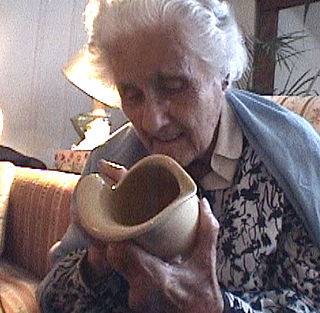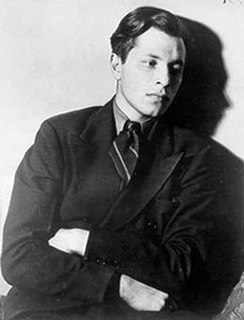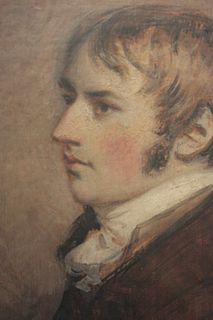A Quote by Paul Cezanne
Related Quotes
I'm old enough now that I've been around and I've seen a lot more things than I had seen when I started this program 27 years. I have seen presidents in action. I have been to the White House a number of times. I have been to fundraisers. I have been seen what happens at fundraisers. I've seen how elected officials treat fundraisers and donors and, believe me, the world revolves around them.
The great and secret message of the experiential mystics the world over is that, with the eye of contemplation, Spirit can be seen. With the eye of contemplation, the great Within radiantly unfolds. And in all cases, the eye with which you see God is the same eye with which God sees you: the eye of contemplation.
If it is the love of that which your work represents--if, being a landscape painter, it is love of hills and trees that moves you--if, being a figure painter, it is love of human beauty, and human soul that moves you--if, being a flower or animal painter, it is love, and wonder, and delight in petal and in limb that move you, then the Spirit is upon you, and the earth is yours, and the fullness thereof.






































